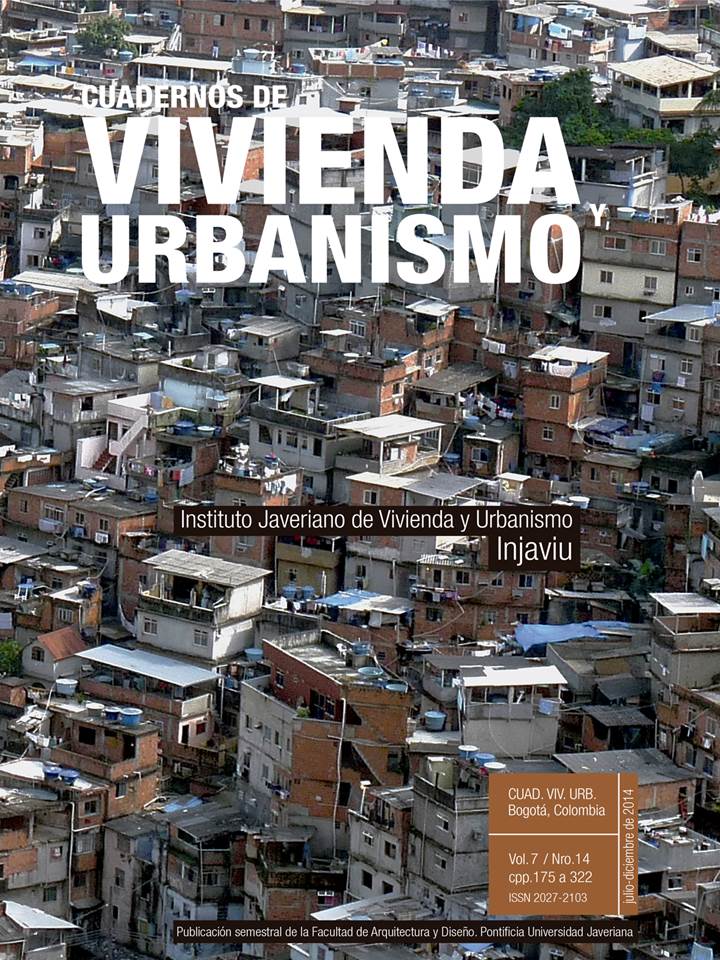Dilemmas and Challenges of Argentina’s Housing Policy from a Rights Approach
Published
Jul 30, 2014
Almetrics
Dimensions
##plugins.themes.bootstrap3.article.details##
Abstract
Latin American housing policies, installed at mid-twentieth century promoted by theWelfare State, outlined “activation of constructive offer” strategies to attend the massivedemands of urbanization and industrialization. This model of direct public interventiondidn’t achieve sustainability evolving to models of “demand activation”, displacingthe motor agent to the financial system and the market. Both models reinforce sectorialperspective linked to economic growth than social inclusion. Argentina has kept the followinginitial guidance. Fonavi’s System and Federal Housing Policy operates today as apolitical-technical tool of governance and economic recovery facing recurrent socio-economiccrisis. Facing a housing deficit that persists, the article questions about the desirabilityof sustaining current directions and identifies the dilemmas and challenges presentsfrom a rights approach.
Keywords
Derechos, inclusión social, política habitacionalDireitos, inclusão social, política habitacionalRights, social inclusion, housing policy
References
How to Cite
Rodulfo, M. B., & Boselli, T. (2014). Dilemmas and Challenges of Argentina’s Housing Policy from a Rights Approach. Cuadernos De Vivienda Y Urbanismo, 7(14), 218–241. https://doi.org/10.11144/Javeriana.CVU7-14.ddph
Issue
Section
Articles


